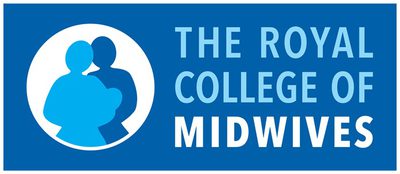Changes to Gluten-free Prescribing in Primary Care in England
An amendment to the Prescribing Regulations came into force on the 4 December 2018 and from this date only gluten-free bread products and mixes will be available on prescription in England. All other gluten free foods will no longer be prescribed and will be blacklisted within the amended Regulation.
Continue reading
The cost of infant feeding
Breastfeeding is the best way to feed a baby and is important for both mother and baby’s health and wellbeing. Where a mother chooses not to or is unable to breastfeed BSNA’s members provide a range of formula milks available to meet the nutritional requirements of babies.
Continue reading
Infant Formula Industry in the UK sets down new Code of Practice
The manufacturers of formula milks in the UK have today committed to adhere to a new Code of Practice.
Continue reading
ARSENIC: WHAT YOU NEED TO KNOW
Rice is an important contributor to a balanced and healthy diet, and a staple food source for many. Rice based cereals are often used as an important part of the weaning stage of an infant’s diet; healthcare associations continue to encourage parents to feed babies a well-balanced diet that includes a variety of infant cereals including oatmeal, wheat, multigrain or rice, from first weaning.
Continue reading
Royal College of Midwives comments on new study on breastmilk and preterm infants
The Royal College of Midwives has provided comment on recent research published by the University of Edinburgh.
Continue reading
New Department and Health and Social Care consultation on gluten-free foods on prescription in England
The Department and Health and Social Care has launched a consultation on the Regulations of gluten-free food on prescription in England
Continue reading
Feeding the Preterm Infant
Thanks to advances in antenatal care, the overall survival rates for preterm infants has increased in England over the last two decades. These infants are vulnerable and specialist paediatric dietitians have a crucial role to play in providing the nutritional support and intervention required to make sure that the diet of these infants is effectively managed.
Continue reading
Prescribing ONS: The requirements for individual clinical circumstances
NHS England Guidance on Commissioning Excellent Nutrition and Hydration 2015-2018, NICE Clinical Guideline 32 on Nutrition Support in Adults (CG32) and NICE Quality Standard 24 (QS24), support the use of Oral Nutritional Supplements (ONS) whenever there is a clinical need to do so.
Continue reading
Royal College of Midwives publishes new position on infant feeding
BSNA supports the Royal College of Midwives’ (RCM) new position statement on infant feeding, published on 12 June.
Parents should be provided with all the information and support they need to feed their newborn baby. The new position statement from RCM recommends that balanced and relevant information be given to parents choosing to formula feed their babies, whether exclusively or partially, to enable them to do so safely and with support to develop a close and loving bond with the baby. This is to is to be welcomed, in the best interests of both parent and child.
Continue reading

